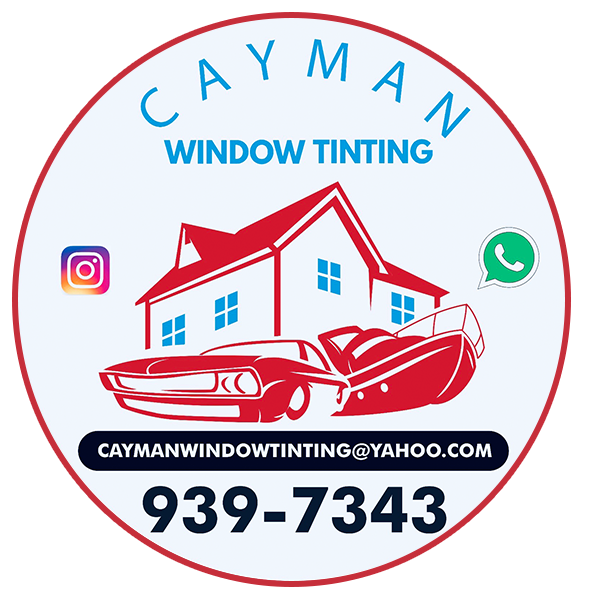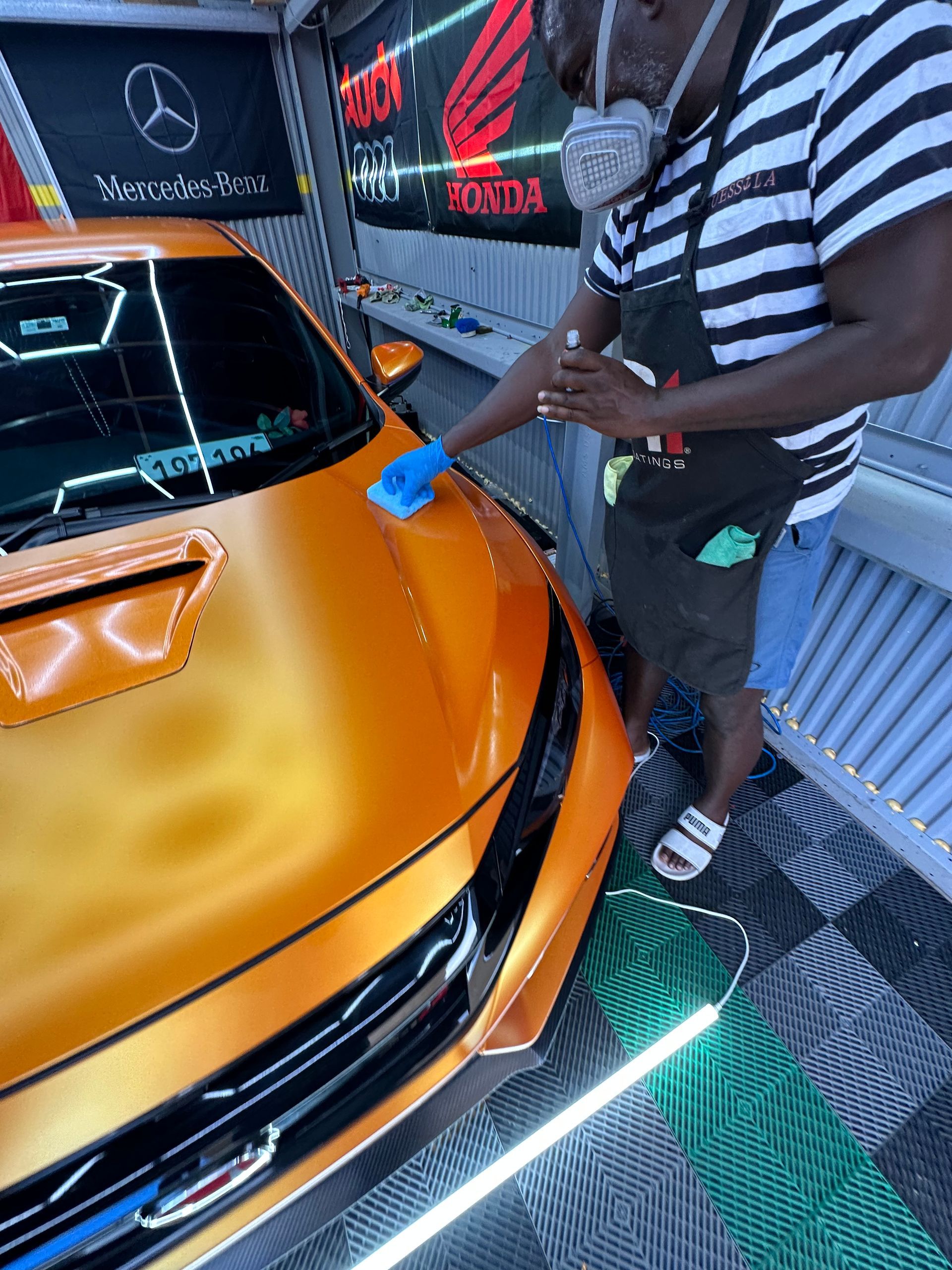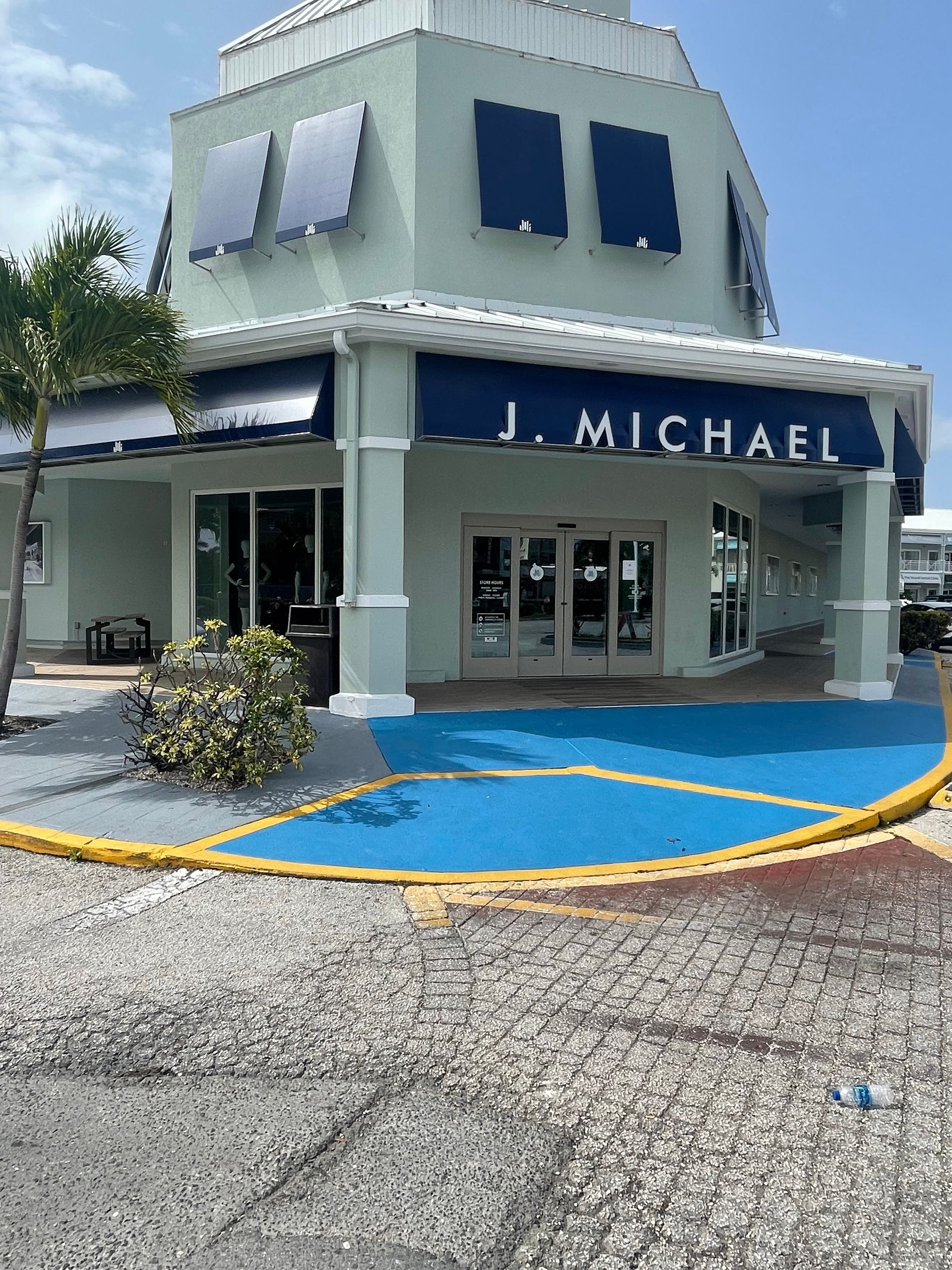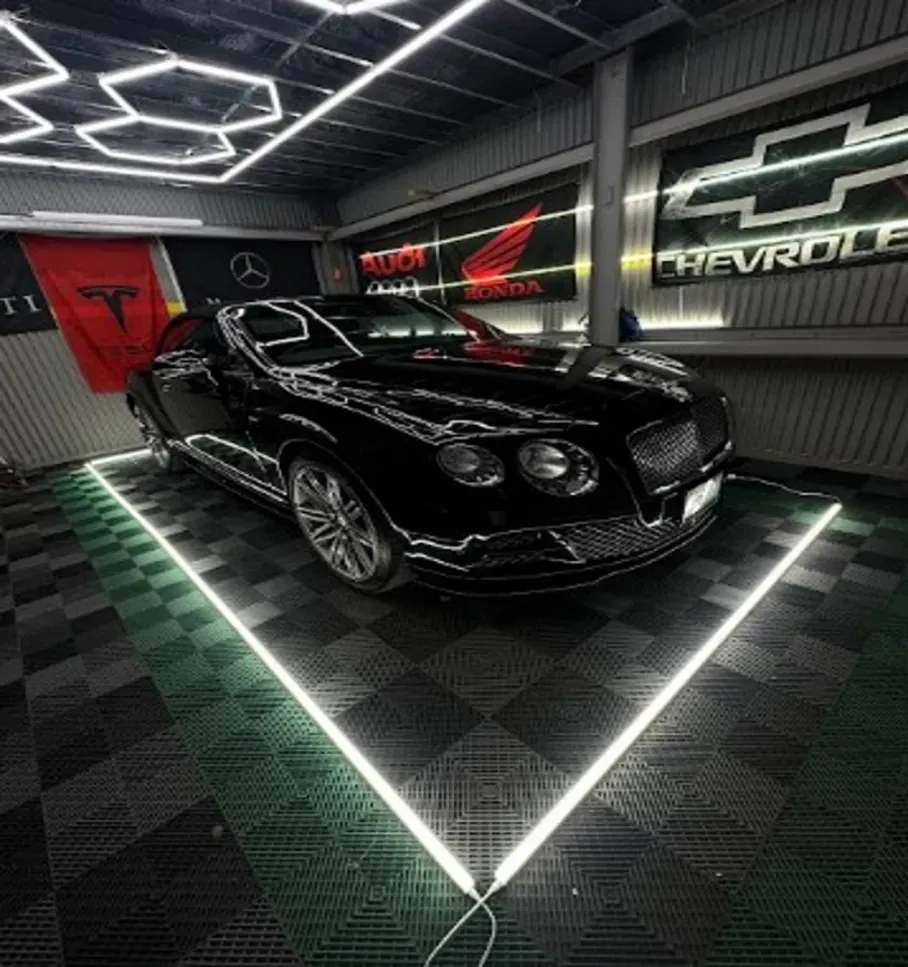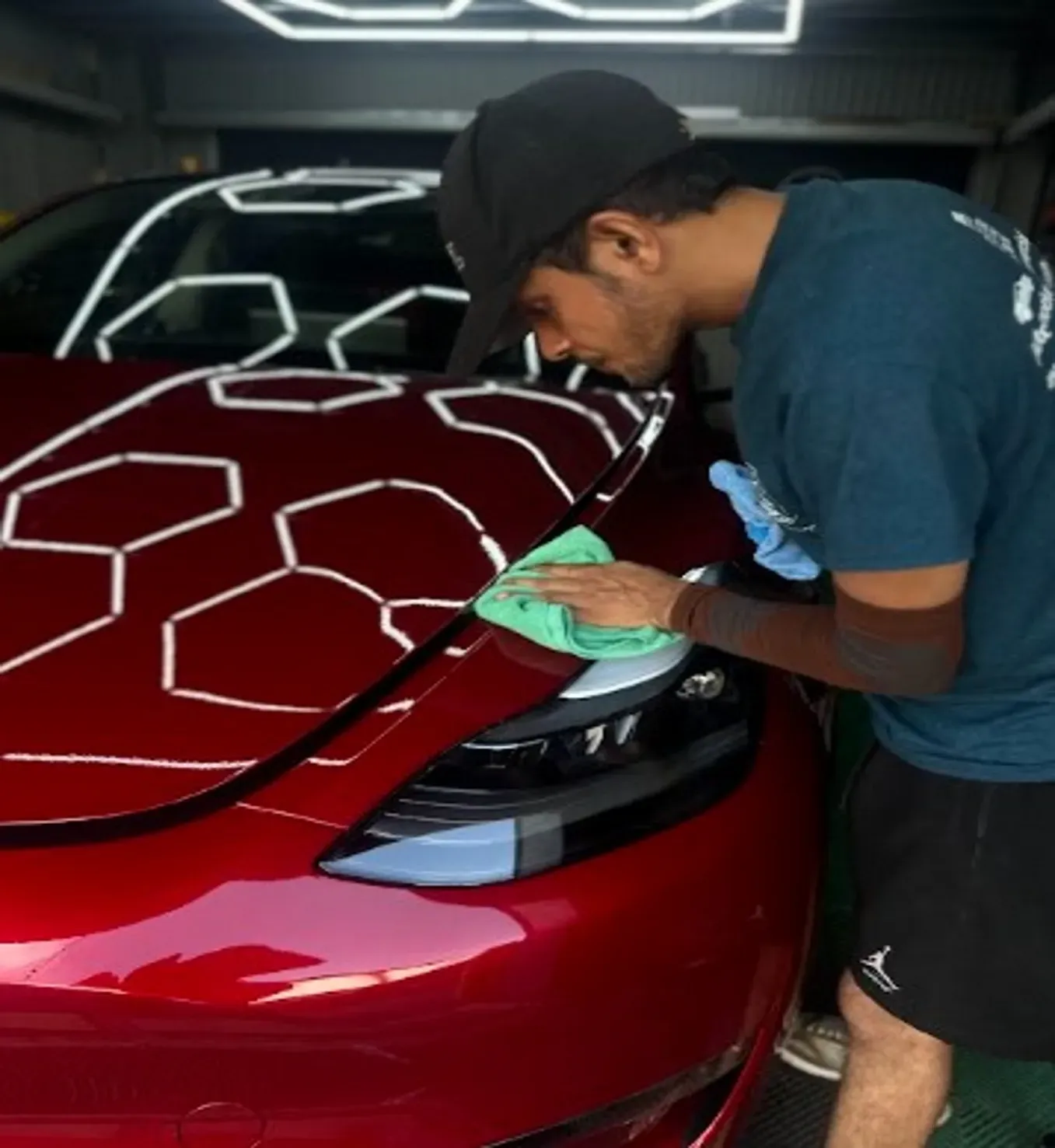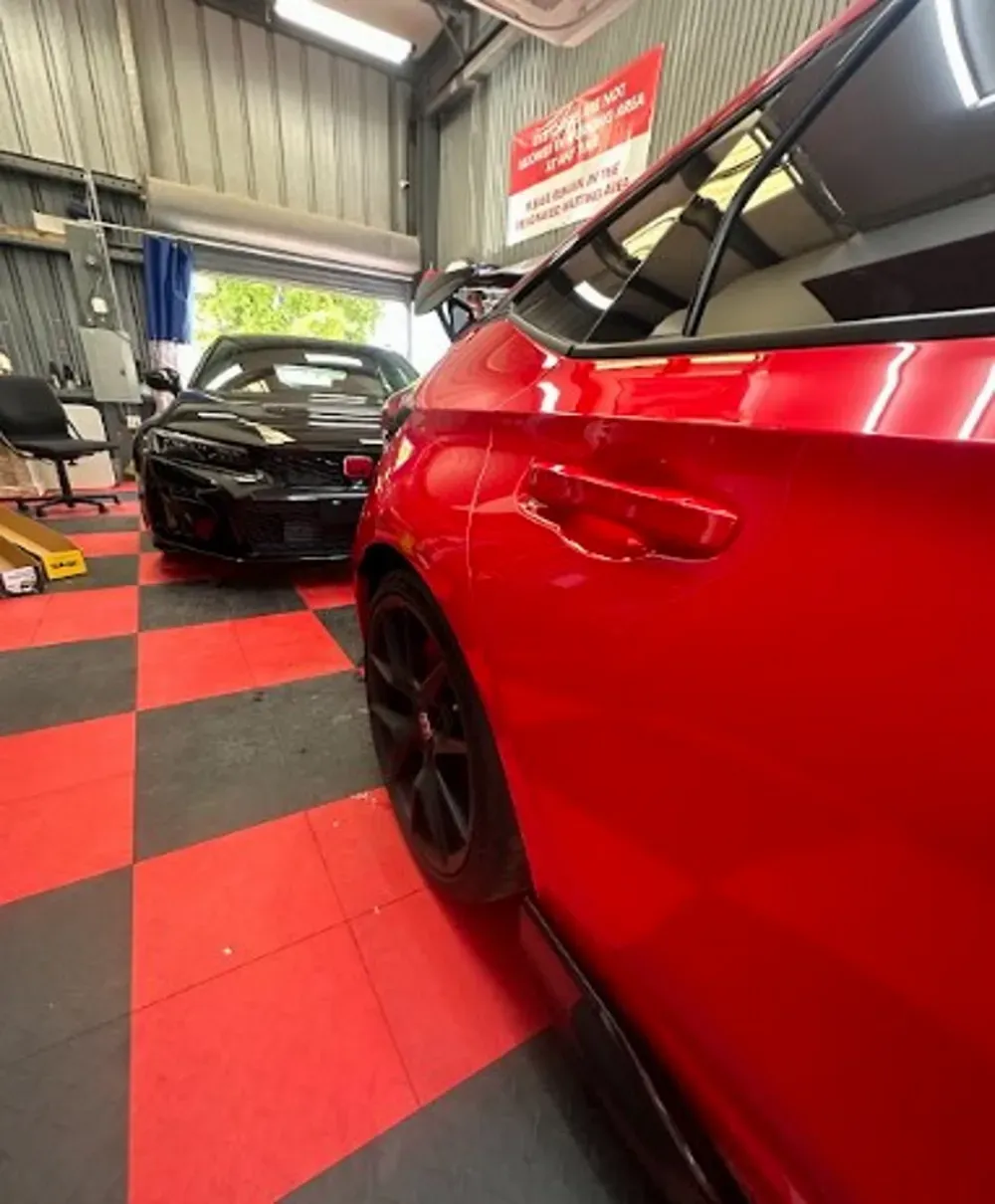Ceramic Coating Application Process: A Professional Guide to Protect Your Car
GET A QUOTEIf you’re passionate about keeping your car looking flawless while safeguarding it from the harsh elements, ceramic coating might be the perfect solution. At Cayman Window Tinting, we’re committed to helping car enthusiasts protect their investments, and the ceramic coating is one of the most advanced methods to maintain your vehicle's beauty and durability. In this blog post, we’ll walk you through the ceramic coating application process, detailing why it’s worth the investment and how professionals ensure optimal results.
The professional ceramic coating application process involves several essential steps, including thoroughly detailing the vehicle's exterior, applying the coating in a controlled environment, allowing for proper curing time, and maintaining the finish through regular washing with a specialized ceramic shampoo. Each step is crucial to ensuring optimal bonding and long-lasting protection against environmental damage.
The Basics of Ceramic Coating
Ceramic coatings are revolutionary liquid polymers that provide a formidable layer of protection for your vehicle's paint. When applied correctly, they create a strong chemical bond with the factory paint, forming a hydrophobic, glossy shell that not only enhances aesthetics but also guards against various environmental threats.
Unlike traditional waxes and sealants that can wear off after a few months, ceramic coatings boast superior durability. They shield the surface from damaging substances like bird droppings, road tar, and acid rain, which can eat away at paintwork if left untreated. This is because the coating effectively fills in microscopic imperfections in the paint surface, making it harder for contaminants to adhere and causing them to bead up and roll off instead.
Automotive experts highlight that high-quality ceramic coatings can last anywhere from two to five years or more with proper maintenance. This longevity not only saves time spent on frequent detailing but also offers significant financial benefits; car owners often find that they save on labor costs associated with regular waxing. Plus, the resulting enduring shine keeps their vehicles looking pristine longer.
It's worth noting that while ceramic coatings offer exceptional protection, they do require an accurate application process. A clean surface is paramount before applying the coating to ensure that there are no hidden impurities that could ruin the bond between the coating and the paint.
Investing in professional installation is recommended to achieve optimal results. Certified installers possess the necessary expertise and tools for precise application, guaranteeing comprehensive coverage for every part of your vehicle. DIY solutions might be tempting due to lower costs, but without the right skill set, achieving an even finish can be challenging—and let's face it—your car deserves better.
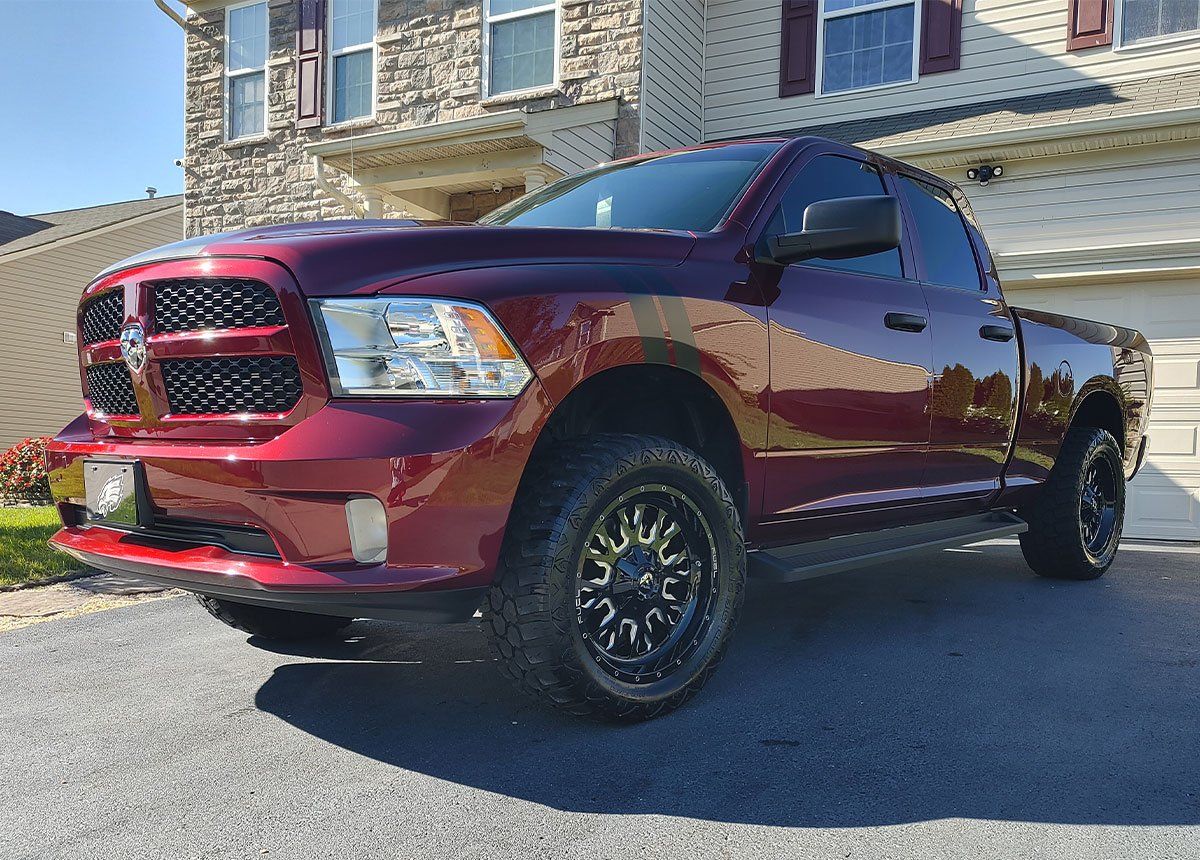
Step-by-Step Surface Preparation
Applying ceramic coating isn’t as simple as waxing your car. It requires skill, attention to detail, and patience. Here’s a breakdown of the professional ceramic coating application process:
1. Thorough Vehicle Inspection
Every ceramic coating journey begins with a detailed inspection. Professionals evaluate your car’s paint condition, looking for imperfections such as scratches, swirl marks, or oxidation. These issues must be addressed before applying the coating, as the ceramic layer will lock in any flaws that are left untreated.
2. Deep Cleaning and Decontamination
The next step is to give your car a thorough wash to remove dirt, grease, and other surface contaminants. At Cayman Window Tinting, we use high-quality pH-balanced shampoos and specialized cleaning tools to ensure no residue is left behind.
After the initial wash, a decontamination process follows. This includes using a clay bar to remove embedded particles like tar, tree sap, and industrial fallout that washing alone can’t eliminate. This step is crucial to ensuring the coating bonds perfectly with the paint surface.
3. Paint Correction (If Necessary)
Once the surface is clean, paint correction comes into play. Even brand-new cars may have minor imperfections, such as swirl marks from factory polishing or transportation. Using a dual-action polisher and professional-grade compounds, we carefully restore the paint’s clarity and smoothness.
This step is key to achieving that glass-like finish. After all, ceramic coating enhances the surface it bonds to—starting with a flawless base ensures breathtaking results.
4. Surface Preparation
Before applying the ceramic coating, the paint surface must be entirely free of oils, residues, or polishing compounds. A prep spray (often an isopropyl alcohol-based solution) is used to wipe down the vehicle, ensuring a perfectly clean surface that promotes maximum adhesion.
5. Application of the Ceramic Coating
The ceramic coating application is the highlight of the process. Applying ceramic coating requires a careful touch and attention to detail. To start, use an applicator pad to spread the coating evenly across the surface of your vehicle. Aim to make overlapping straight lines; working in smaller sections helps maintain control and allows you to monitor drying times more effectively.
6. Buffing the Coating
After the coating has flashed, it’s time to buff it off using high-quality microfiber towels. Buffing ensures there are no streaks or high spots, leaving the surface smooth and streak-free. This step requires a trained eye and experience as missed areas can compromise the finish.
7. Curing Time
Ceramic coating requires time to cure fully. While it may feel dry to the touch within a few hours, the coating typically needs 24 to 48 hours to harden properly. During this time, the car should be kept in a controlled environment to avoid exposure to water or dirt.
For full chemical curing, which delivers maximum protection, the coating usually takes up to two weeks. Professionals will provide you with aftercare instructions to ensure the coating reaches its peak performance.

Proper Curing Methods
The success of your ceramic coating depends on how you handle the curing process after application. Applying the product alone is not enough; the way you allow it to settle can significantly impact its long-term effectiveness. For optimal results, always allow the coating to cure in a climate-controlled environment where the temperature hovers ideally between 65°F and 75°F. This may sound simple, but it’s incredibly important. High humidity or drastic temperature changes can result in an uneven application, leading to issues like unsightly water spots or compromised durability.
Importance of Controlled Environment
Ceramic coatings need that consistent warmth to bond effectively with your vehicle's paint surface. Inadequate curing conditions can lead to imperfections that might not be immediately visible but can significantly shorten the lifespan of your protective layer.
Remember to keep the newly coated car out of rain or heavy dirt exposure for at least 48 hours after application. This gives the ceramic coating adequate time to adhere properly to the paint surface. For those first 48 hours, think of it as sacred time—like letting your coffee brew without disturbance!
It’s also advantageous to periodically check the pH levels of any cleaning agents you may use during this initial curing period. Harsh chemicals can adversely affect the integrity of the newly applied ceramic coat. The selection of gentle, pH-neutral cleaners will ensure that nothing threatens those hard-earned layers of protection.
Ideal Curing Conditions
Temperature Stability: Keeping temperatures steady helps the bonding process.
Low Humidity: Look out for moisture; excessive dampness can lead to unwanted issues.
Dust-Free Environment: Any contaminants falling onto the uncured surface can cause defects.
Proper curing is not simply an afterthought; it serves as a cornerstone for ensuring that your car’s new ceramic coating lives up to its promise of protection against environmental hazards.
DIY vs. Professional Application
When deciding whether to take on a ceramic coating project yourself or to leave it to the experts, several factors come into play. Saving money with a DIY kit can be appealing; however, keep in mind that you often get what you pay for. While those DIY kits may seem appealing due to their lower upfront costs, they frequently lack the potency and durability that come with professional-grade products.
Professional Advantages
Professionals ensure an even application and understand how to avoid common pitfalls that amateur applicators face. At Cayman Window Tinting, our certified team uses premium products backed by years of experience. They follow rigorous steps to guarantee the best results, covering every inch meticulously while ensuring proper curing for maximum longevity. Having a professional install your ceramic coating not only gives you peace of mind but also extends the life of your vehicle's finish significantly.
DIY Considerations
On the other hand, going the DIY route might sound invigorating, especially for those who enjoy working on their vehicles. However, this admiration comes with some hefty caveats. First off, think about the initial cost savings—sure, it’s lower than hiring a pro—but you might end up spending more in the long run if you need to frequently reapply the coating due to wear and tear.
You might save money initially, but frequent reapplications can quickly add up.
Time spent researching and applying could be significant; many find they underestimate how long these projects truly take.
There's the tangible risk of an improper application—which can leave your vehicle looking less than stellar or even cause damage to its paint job.
Ultimately, trusting a professional service like Cayman Window Tinting ensures that your car receives the premium protection it deserves—think about investing in quality over saving a few bucks.
Final Words
Ceramic coating is one of the best ways to protect your car’s paint while enhancing its aesthetic appeal. The application process requires precision, expertise, and care—qualities we pride ourselves on at Cayman Window Tinting. With our professional ceramic coating services, you can enjoy a stunning, protected vehicle for years to come.
Ready to give your car the ultimate upgrade? Contact Cayman Window Tinting today to learn more about our ceramic coating services and
schedule an appointment. Protect your investment and drive in style!
Cayman Window Tinting
Taking Your Vehicle to the Next Level
Headquartered in Georgetown, Cayman Islands and founded in 2017, Cayman Window Tinting is the leading window tint installers and vehicle paint enhancement and protection experts in our unique area of the world! In addition to enhancing the aesthetic appearance and functional protection of all vehicle makes and models, we also offer UV-resistant window tinting to boats, all vehicles, homes, and commercial buildings alike. Each of our window tinting applications available at Cayman Window Tinting are specifically tailored to each customer’s requirements for unrivaled interior protection, no matter if it is a vehicle or property.
QUICK LINKS
OUR LOCATION
Sparky's Dr, 23 Lancaster Crescent Grand Cayman KY1, 1009, Cayman Islands
CONNECT WITH US
PHONE: (345) 939-7343
Cayman Window Tinting was designed by the team at Detailers Roadmap, a platform developed for detailing operators across the globe.
All Rights Reserved | 8bitcreative, LLC | Cayman Window Tinting
